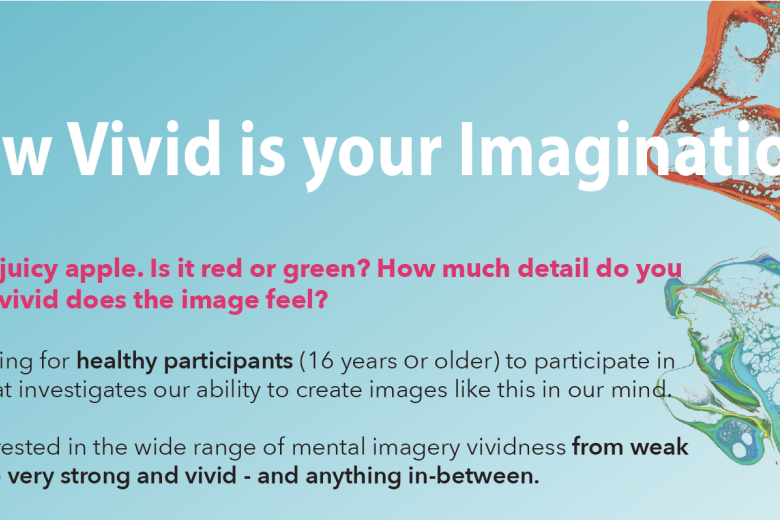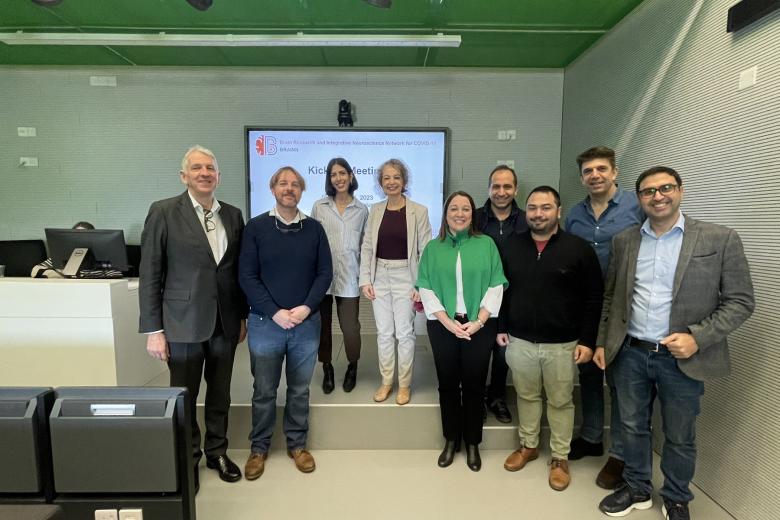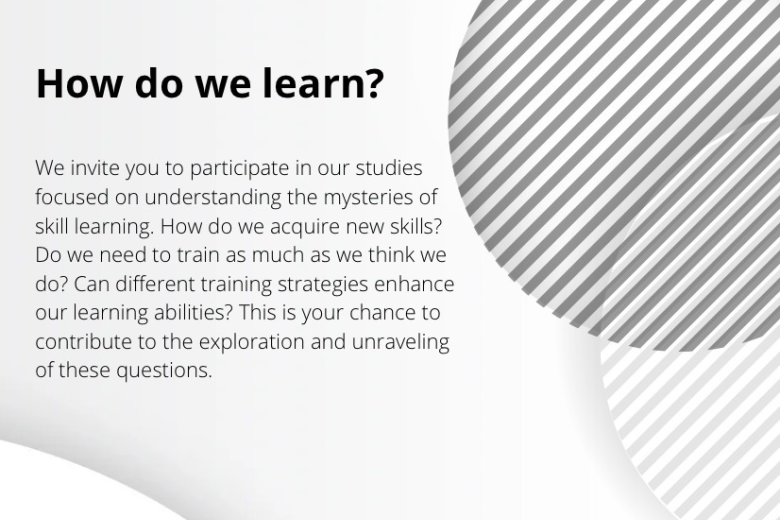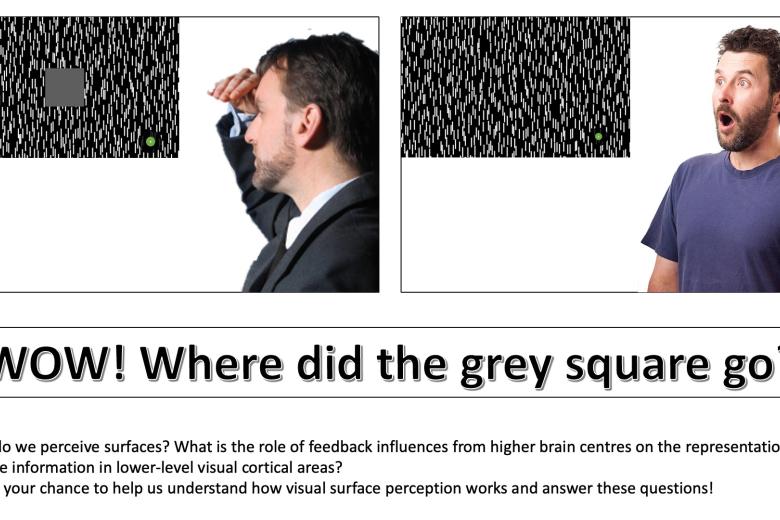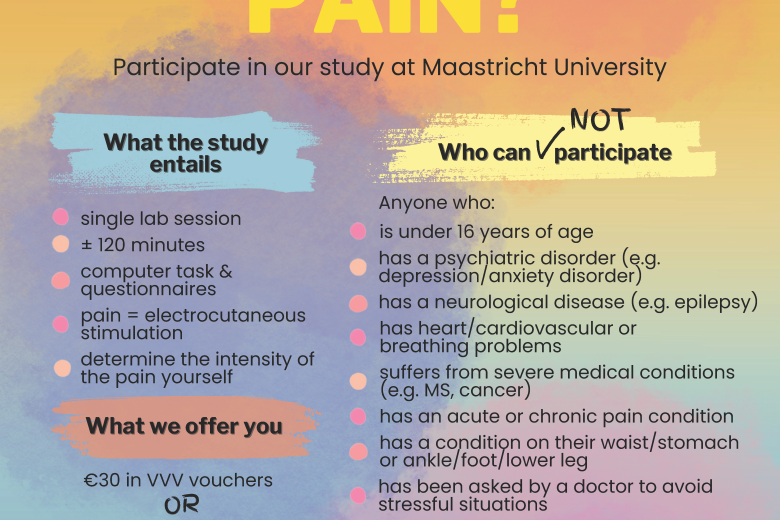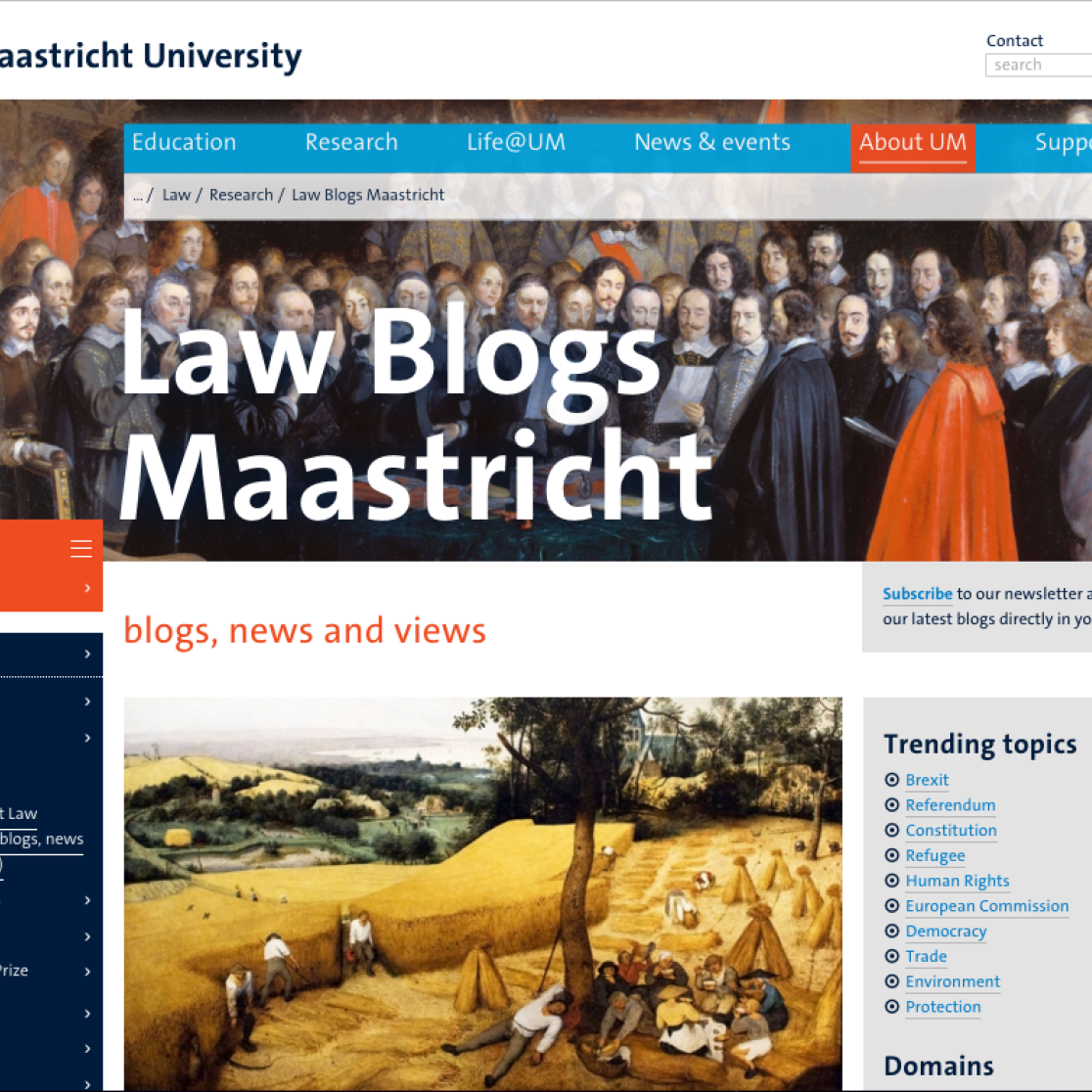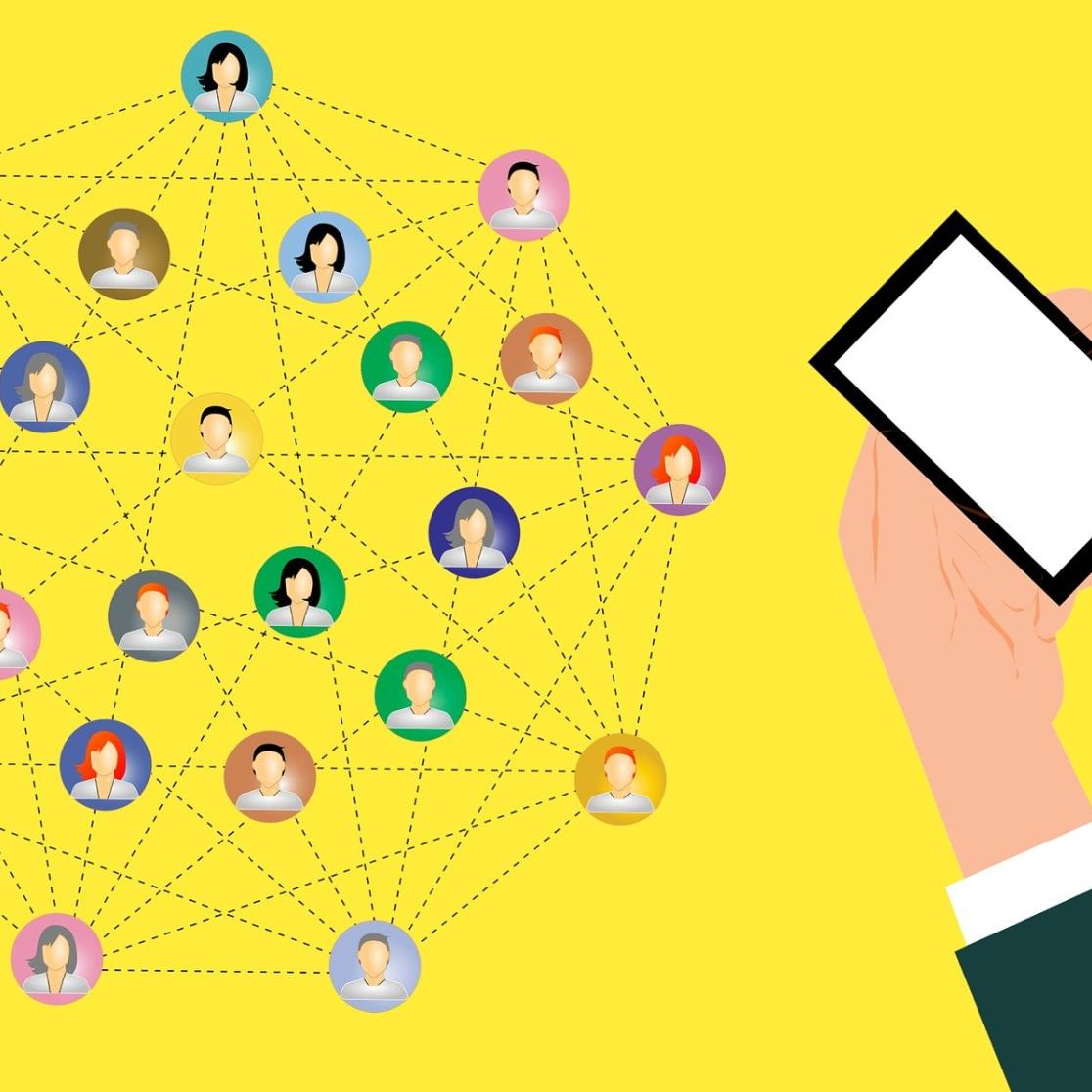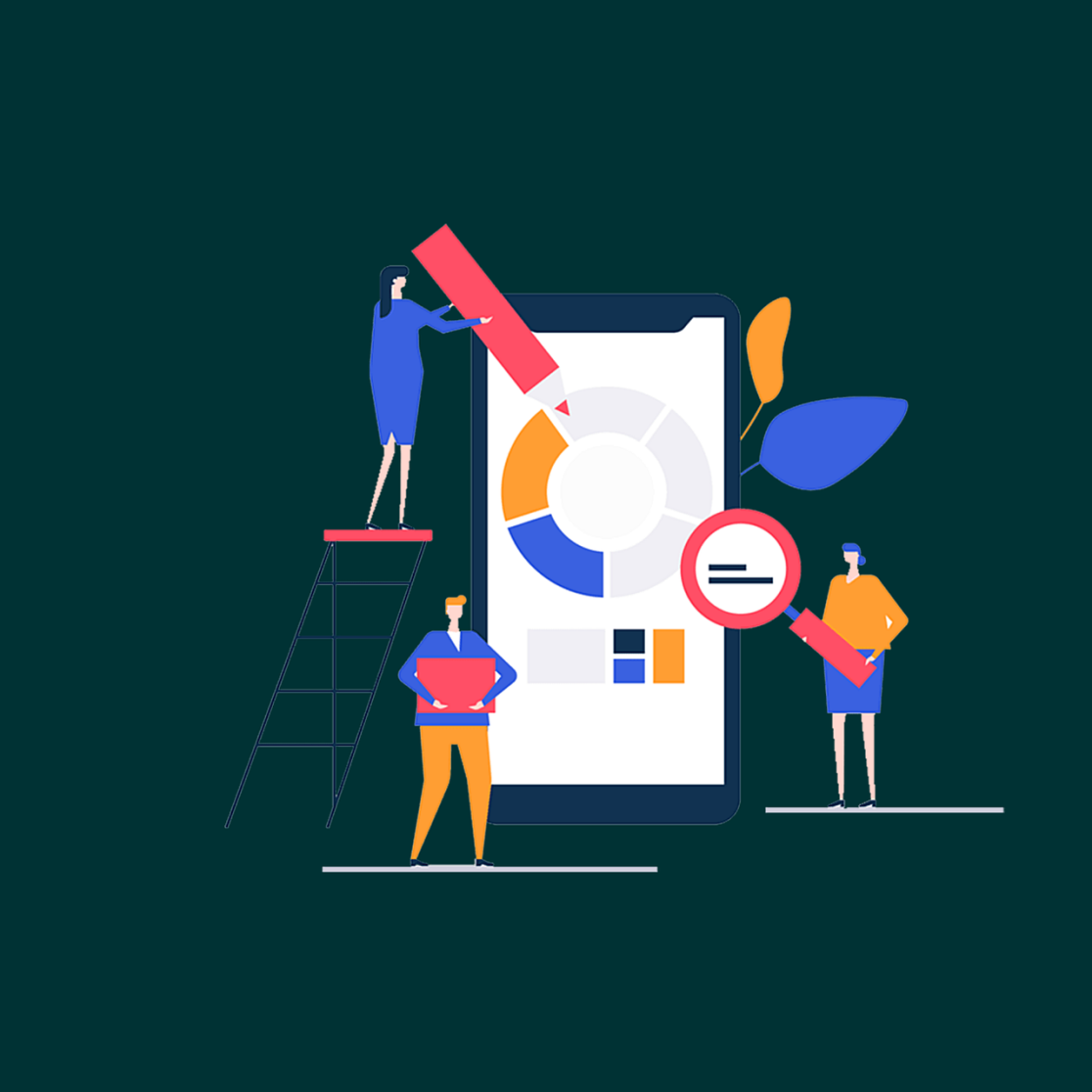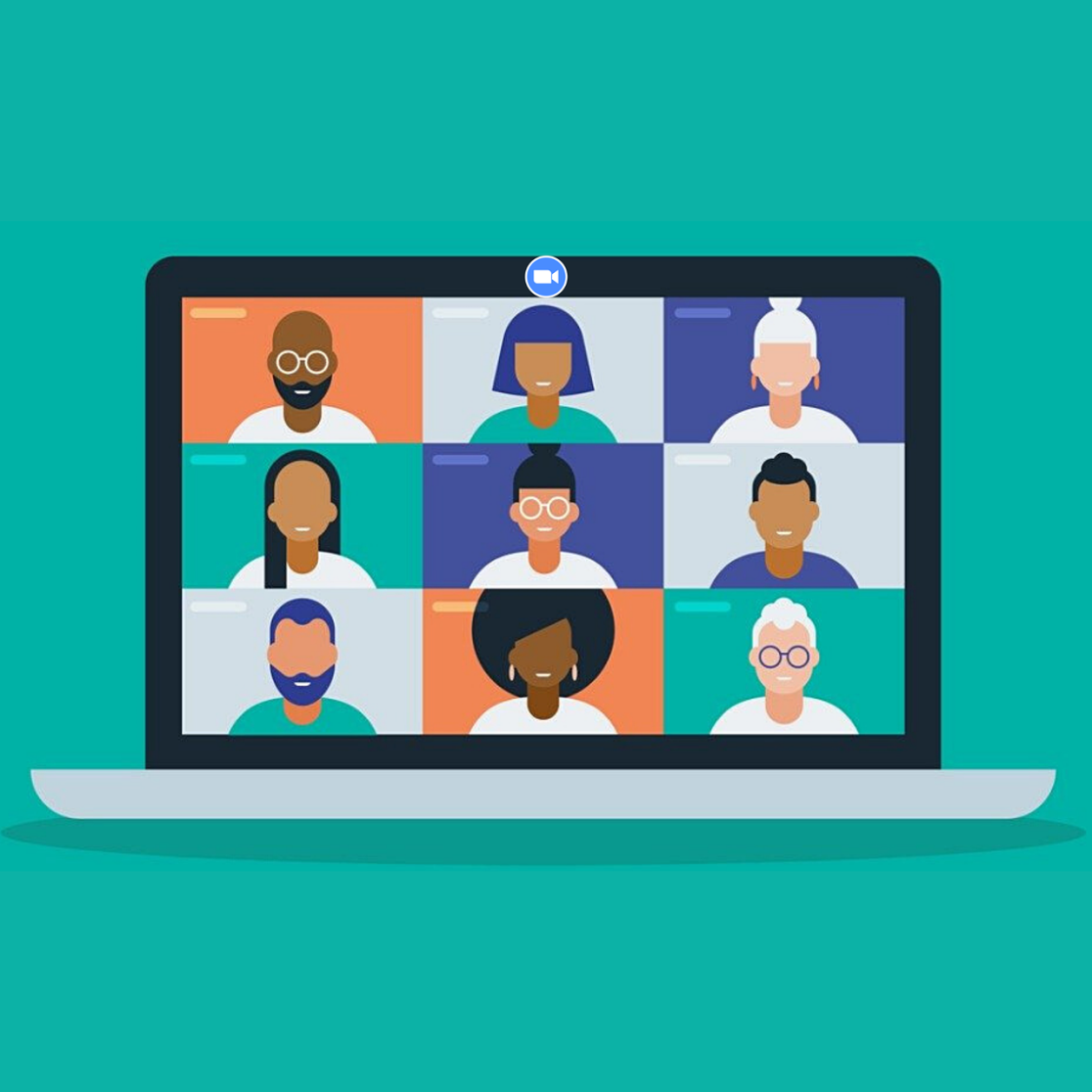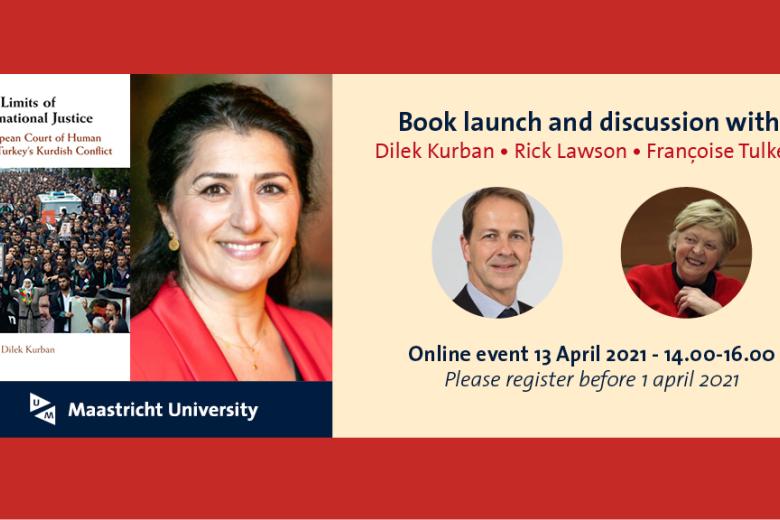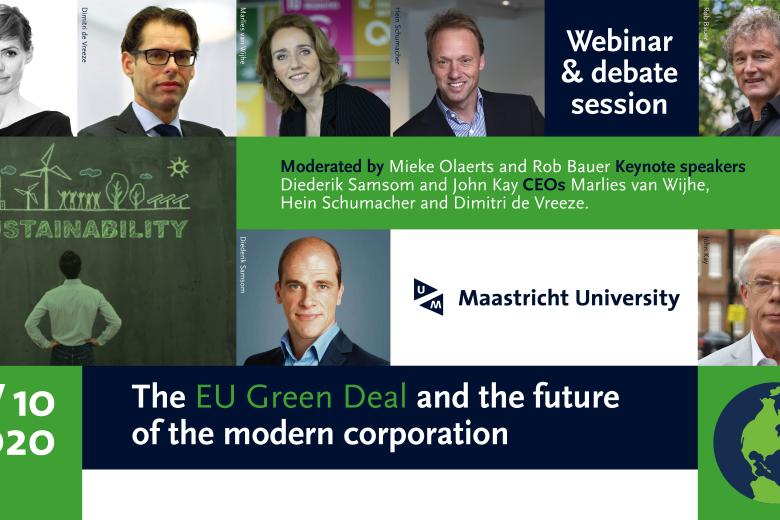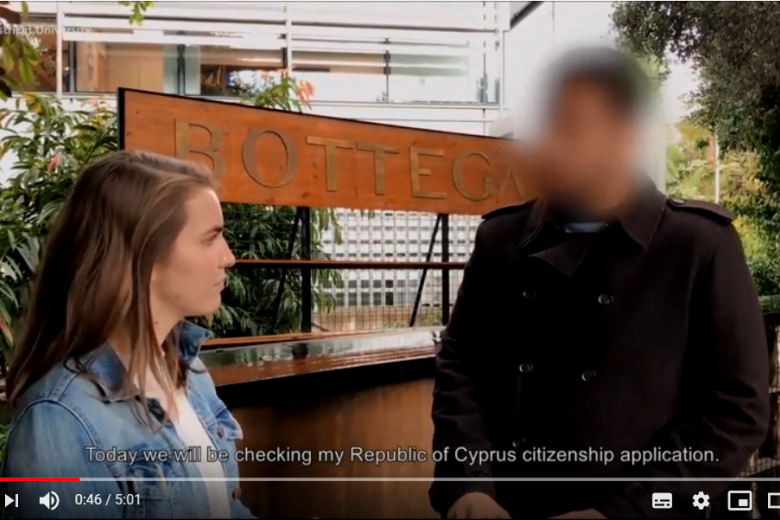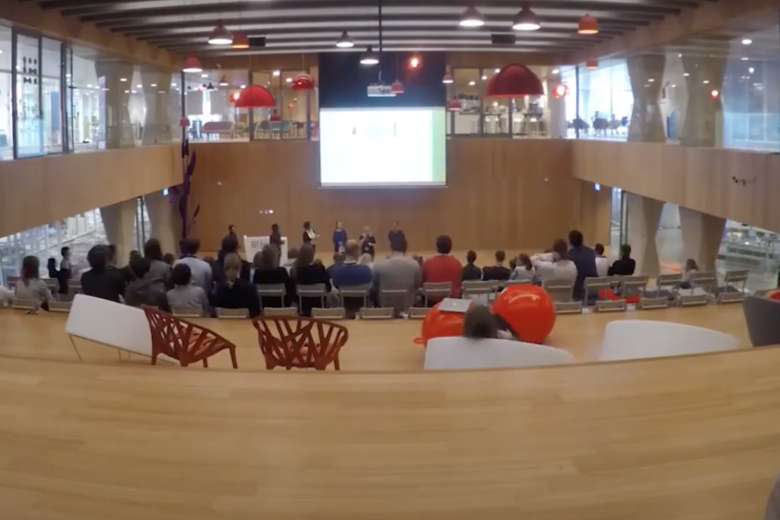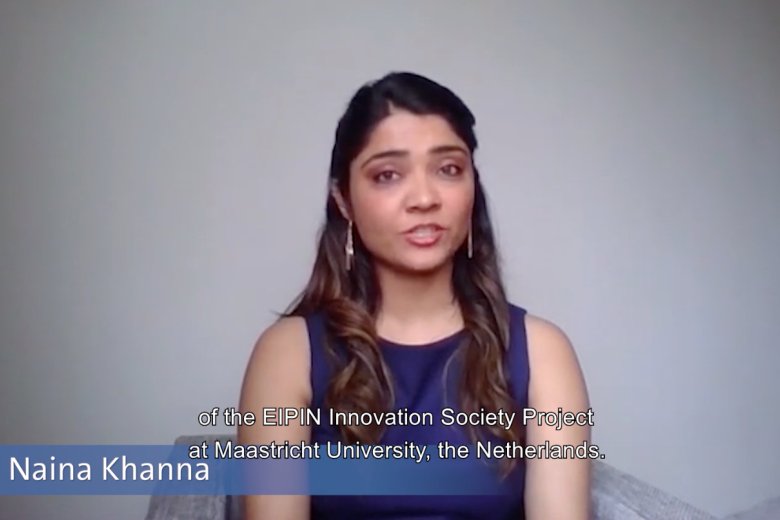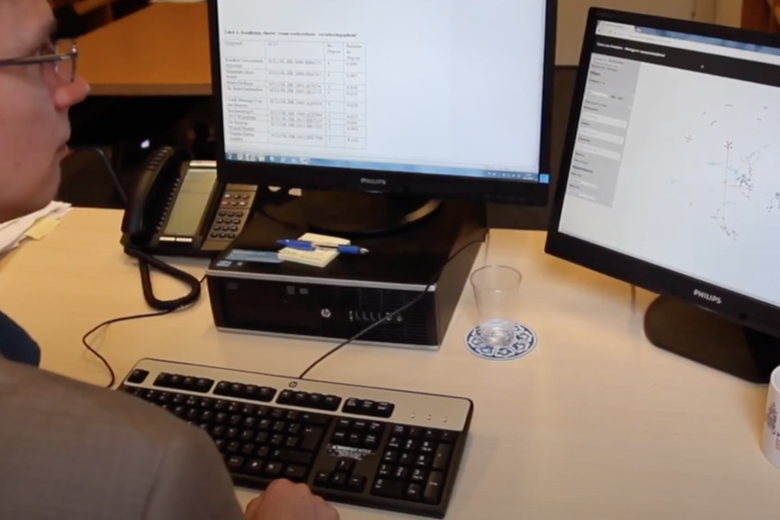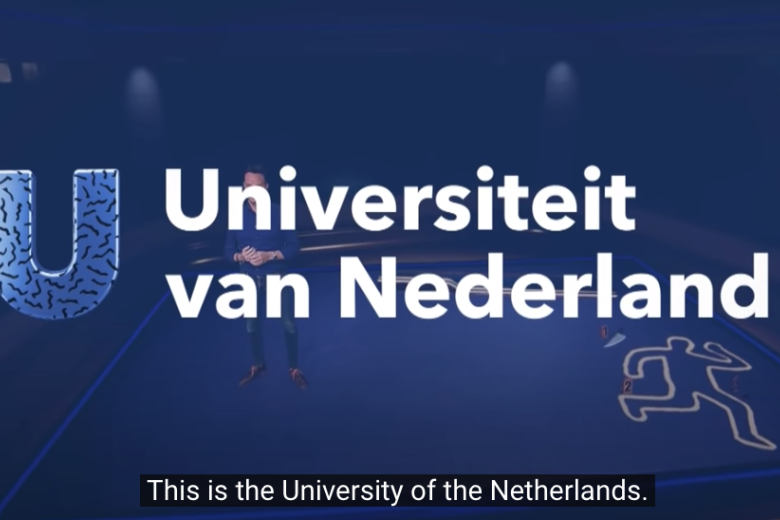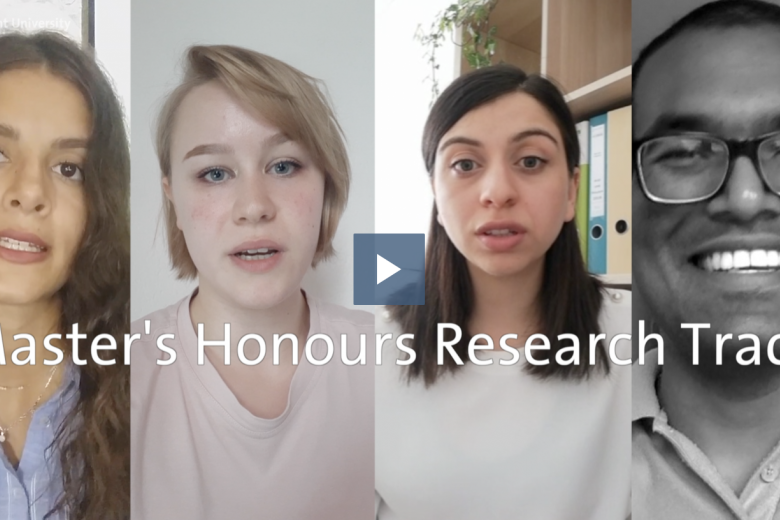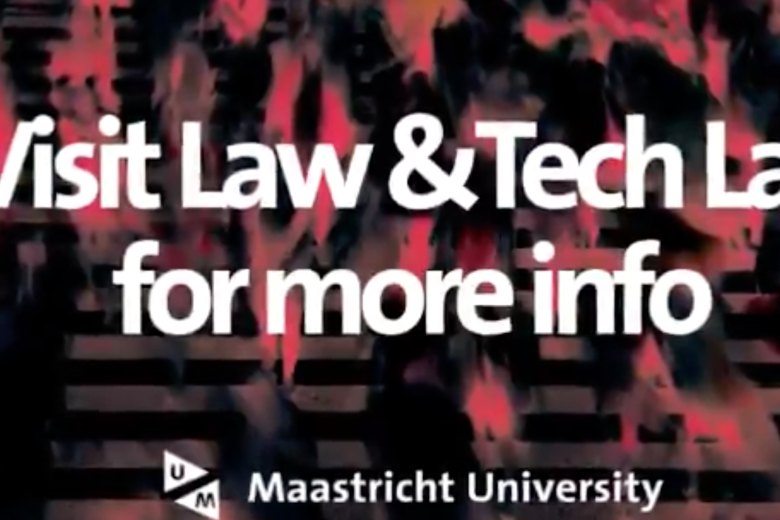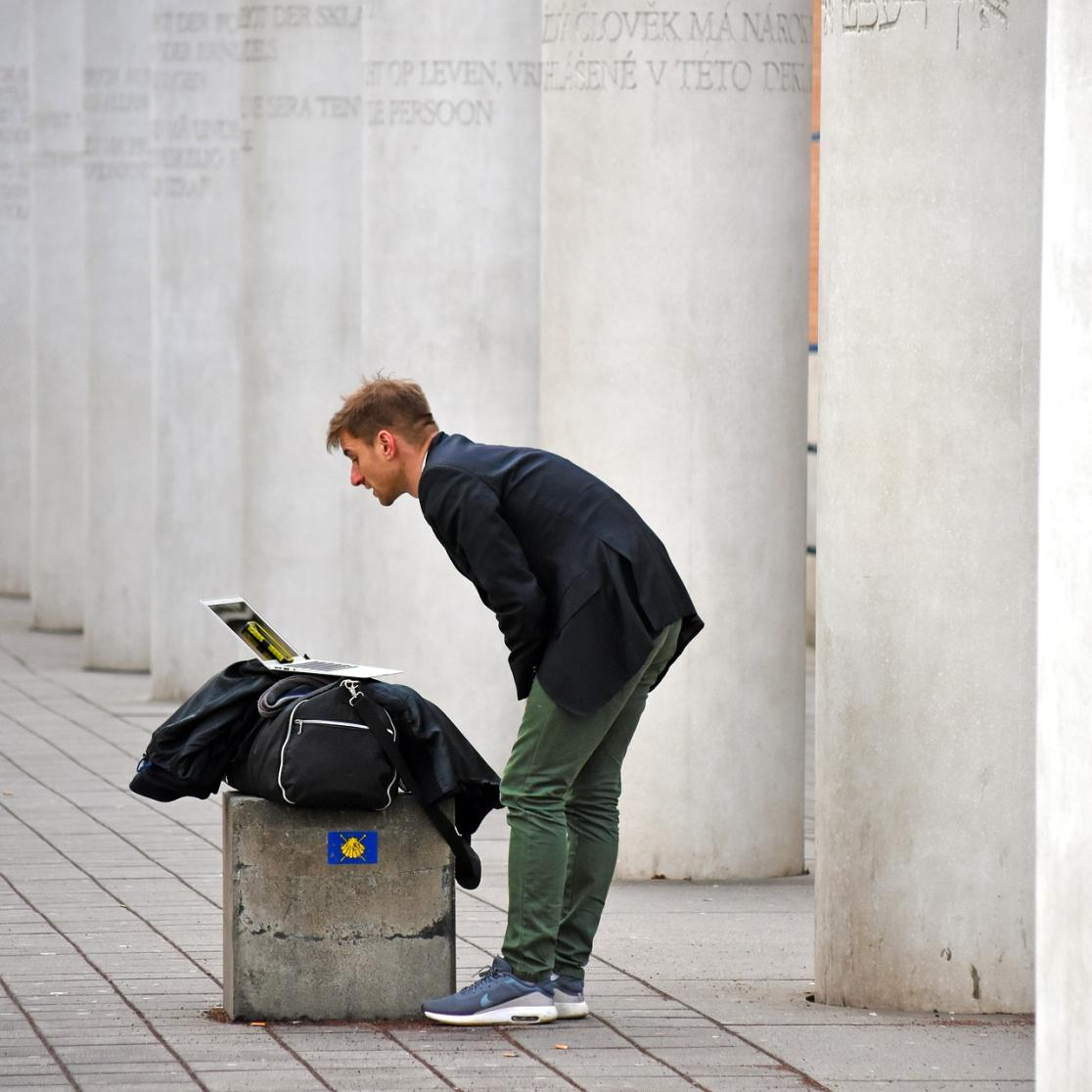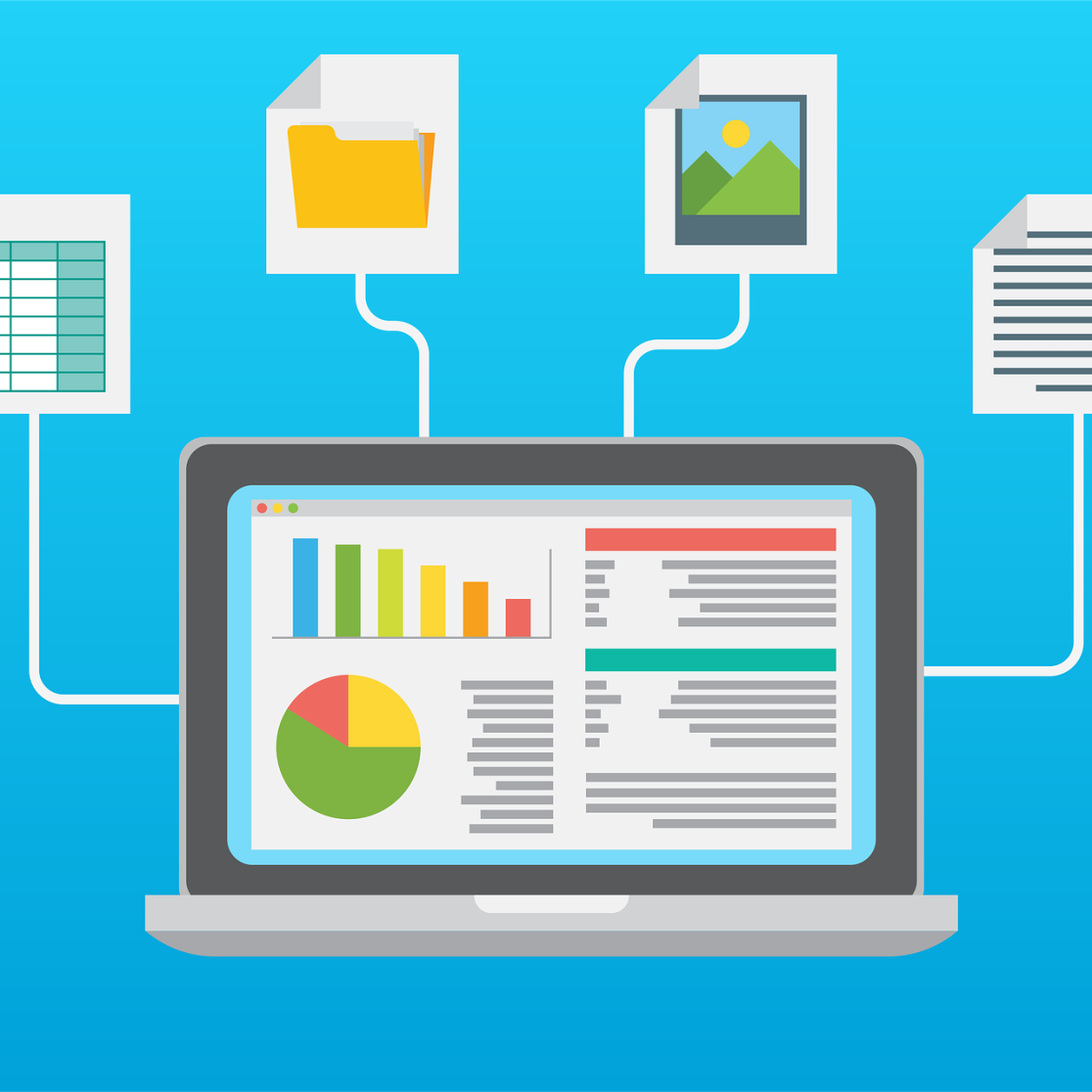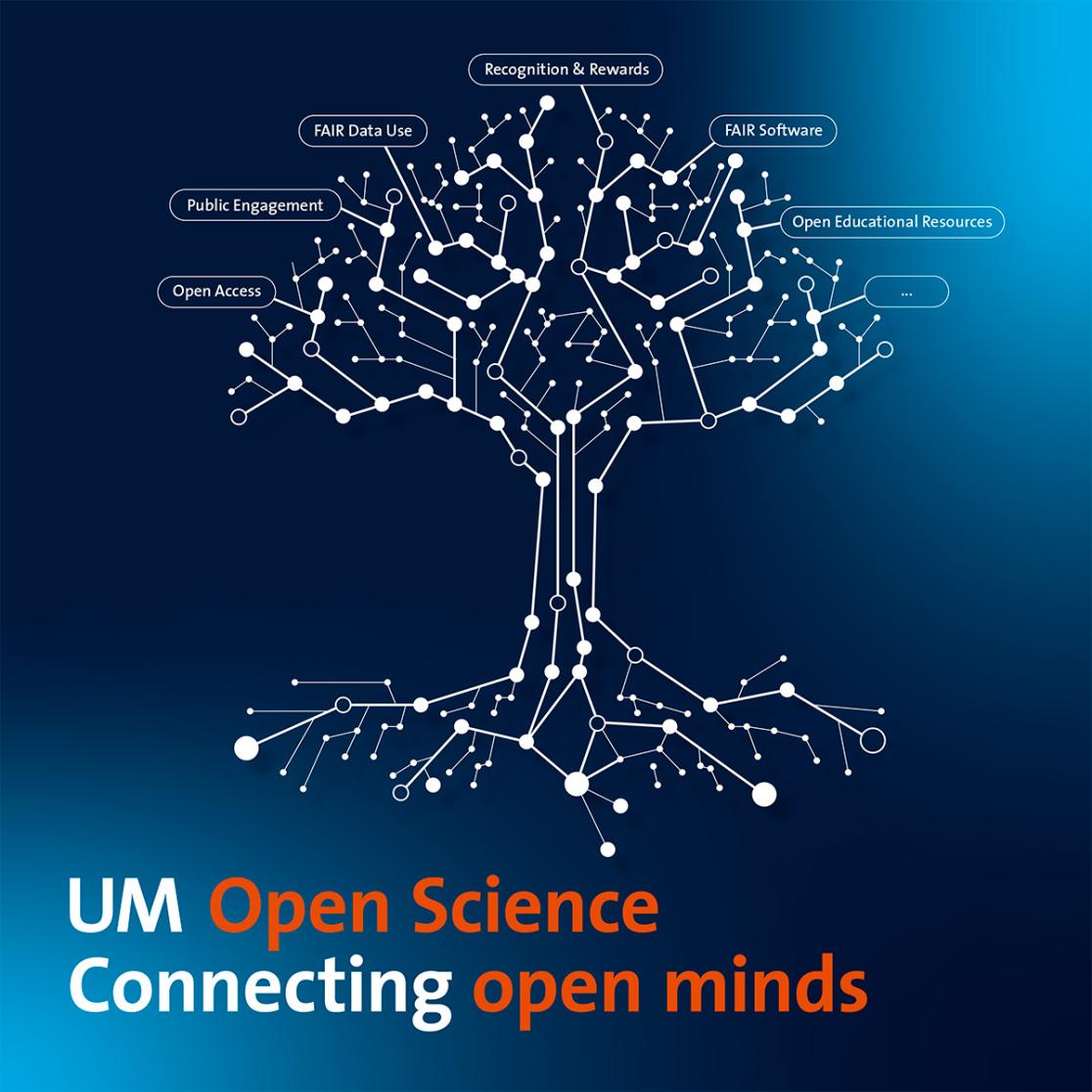Maastricht University has started a study regarding the effects of LSD (lysergic acid diethylamide) on brain activity and social behavior. For this study, we seek:
HEALTHY VOLUNTEERS (18 - 35 years old) IN A RELATIONSHIP: Who have previously used a psychedelic drug (e.g.: 2C-B, truffles, magic mushrooms, LSD, DMT, mescaline), and who will participate with their partner.
You will participate in this study with your partner. On two separate dosing days you will both visit the lab, and will both randomly receive either LSD or placebo. Together, you will undergo a 1 hour EEG session, which is a brain imaging technique that records electrical activity of your brain. You will do a series of computer and talking tasks with your partner to see how social you feel. Some of these tasks will be video and audio recorded. Blood samples will be taken at various intervals through a tube in your arm. These days will last 8 hours, so you will need to be comfortable with sitting still for long periods of time.
After the dosing day, there will be 2 follow-up days. One day you will visit the lab with your partner, and complete tasks and questionnaires asking about how social you feel. One day you will complete a questionnaire at home alone, asking about your relationship quality and sexual activity. Additionally, up to 4 days after a dosing session, you will be asked short questions about how you feel via an app on your mobile device. This cycle will be repeated for two times, after a 14-day waiting period. The study ends once you have completed both drug conditions or choose to withdraw from the study.
Once getting into contact with us and deciding to participate, you’ll need to sign a consent form. After this, you will be asked to complete drug andmedical questionnaires alongside a medical screening to check study eligibility. The medical examination lasts approximately 45 minutes, and will precede the dosing days. The study consists of 5 visits, for a total 19 hours of participation across 4 weeks.
At the end of your participation in the study (if completed and depending on your task performance), you’d receive a remuneration of 190 Euros. In addition, all your travel fees would be reimbursed.
Curious about participating?
If you are interested or have any queries, you can contact us at: fpn-pim_p139@maastrichtuniversity.nl or call (043) 38 81382
